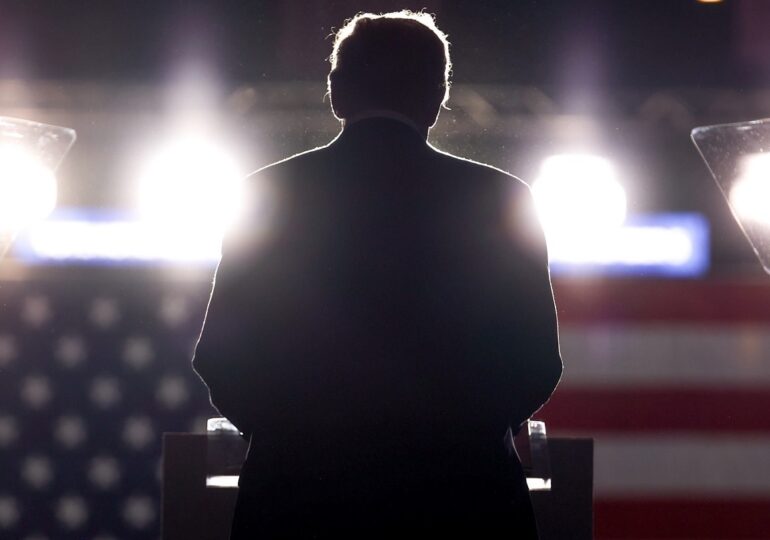The US President adopts a similar approach to that of Vladimir Putin, who in recent years has repeatedly tried to put pressure on Western public opinion, insinuating his determination to „go to the Apocalypse,” which, in fact, has never been true. However, this tactic has often borne fruit, appreciates Evgenii Savostianov, former leader of the Russian secret services.
Evgenii Savostianov was the head of the KGB in Moscow. He was one of the two key appointments made by the „reformist” mayor Gavriil Popov during his short tenure as mayor of Moscow between 1990 and 1992, with the objective of dismantling the old structure of the feared intelligence service from the Soviet era.
Later, Savostianov became a technocrat with distinguished military experience, serving in several governments, including those of Vladimir Putin.
He resigned from the position of Minister of Culture in 2015, denouncing the censorship climate that he considered predominant. In the fateful year of 2022, the year of the invasion of Ukraine, he promoted a document against war and then another against the use of nuclear threats.
Despite his opposition to the Putin regime, Savostianov is banned from setting foot in Europe. Today, at 73 years old, he is considered one of the most insightful analysts of events in Russia. "I think I am qualified to speak...," he says with a bitter smile, in an interview given to the Italian newspaper Corriere della Sera.
Asked if we should take seriously the risk of nuclear escalation after the escalation of the duel between the United States and Russia, Savostianov said that Donald Trump adopts a similar approach to that of Vladimir Putin, who in recent years has repeatedly tried to press Western public opinion, insinuating his determination to "go to the Apocalypse," which, in fact, has never been true.
However, this tactic has often borne fruit: "Panic broke out in society, the White House began to seek compromises, and essentially concessions were made to Putin. This happened in February 2014 during the occupation of Crimea. And then in February 2022 at the beginning of the war with Ukraine, and in October 2022 when Putin had to save the troops trapped in Herson, and in February 2024 when the American military supply to Ukraine had to be stopped," exemplified the former KGB director.
The statements of the US President are a clear signal that Putin's tactics will not succeed under his leadership. But unlike the Cuban missile crisis of 1962 and the Yom Kippur War of 1973, when the USSR and the USA had to seriously consider this risk, there is no real danger of escalation at this stage. Ukraine is not on the verge of a real military defeat, as Cuba or Egypt once were, Savostianov pointed out.
That does not mean that Kremlin analysts will overlook the mention of sending two nuclear submarines, apparently from the Ohio class, equipped with nuclear or conventional weapons, whose potential is sufficient to eliminate Russia's land-based strategic missile component. "I assure you it has quite an effect," the expert said about Trump's order to move nuclear submarines.
The former head of the KGB believes that there has never been a good relationship between Trump and Putin. Instead, we have witnessed one of Trump's negotiation strategies: flattery, the desire to make concessions, to use others to his advantage.
"Where this tactic does not work, Trump always stops using it. Which is happening now. Unfortunately, the leaders of the countries in what I call the Circle of Evil - Xi, Putin, Kim, Khamenei - are extremely ideological people who subordinate the true needs of their countries to the illusory intention of 'dismantling Western influence.' It is impossible to convince them. The only counterbalance for them is the deterrence force," Savostianov added.

